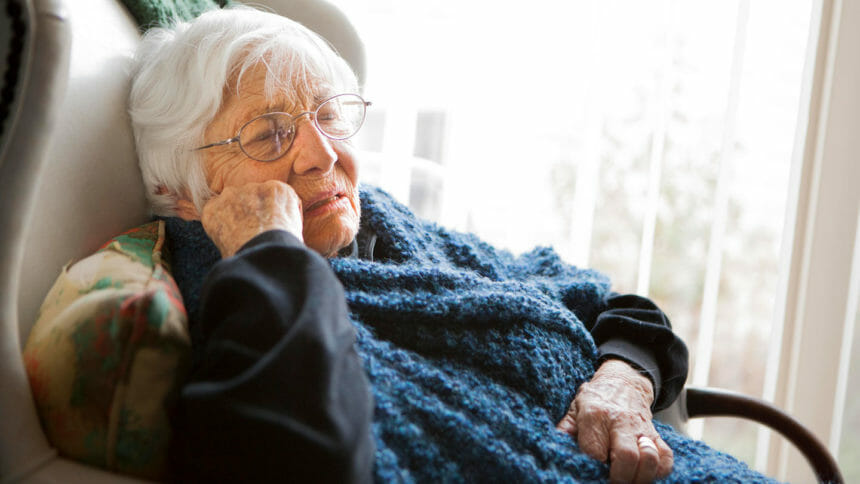
Investigators have kick-started a clinical trial to test whether the antiviral drug Paxlovid will relieve symptoms of the syndrome known as long COVID, also called post-acute sequelae of COVID-19.
Paxlovid was the first oral antiviral approved in the United States to treat patients diagnosed with COVID-19. The five-day course of pills has been shown to effectively reduce the likelihood of severe illness in seniors, who this year accounted for an increasing share of COVID-19 deaths despite an overall decline in mortality linked to the disease.
But the pill may turn out to have other uses as well. Evidence has also emerged that taking it may reduce the likelihood of developing long COVID, which can involve a wide range of symptoms affecting multiple organ systems and can last for months.
Since then, anecdotal reports have arisen that these symptoms have eased after some patients took Paxlovid for recurrent COVID-19. This has prompted patient advocacy groups to call for the drug to be tested as a potential treatment for long COVID complications.
15-day treatment
The new study will compare treatment with Paxlovid (nirmatrelvir plus ritonavir) with treatment consisting of placebo plus ritonavir, according to investigators from Stanford University, which is sponsoring the study.
Two hundred participants will take the pill for 15 days, with five follow-up appointments over 18 weeks. A sub-study will investigate how physical activity and biometric parameters from digital wearable devices correlate with patient-reported long COVID symptom severity in the main study.
The federal government, meanwhile, is funding a larger trial that will test the drug’s ability to reduce long COVID symptoms in 1,700 participants.
A persistent viral infection and/or overactive or chronic immune response due to inflammation may cause long COVID, hypothesized the investigators, from Duke University. “[A]ntiviral and other applicable therapies may result in viral clearance or decreased inflammation” and symptom improvement, they said. This latter study is not yet recruiting participants.
Related articles:
Study: COVID-19 rebound after Paxlovid and Molnupiravir during January-June 2022
NIH: COVID rebound after Paxlovid may signal a strong immune response
New CMS guidance nudges nursing homes to offer COVID shots, timely treatments
Paxlovid cuts seniors’ COVID-19 risk, no matter their vaccine status: study
Paxlovid keeping hospitalizations, deaths low as COVID-19 infections rise, White House official says




